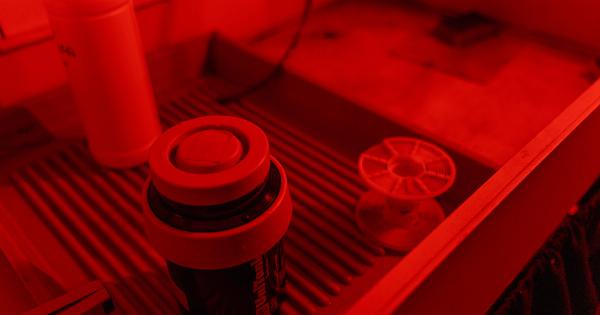Medical research is often regarded as the cornerstone of progress in our society. Doctors, scientists, and researchers dedicate their lives to finding cures and treatments for diseases that afflict humanity.
However, occasionally, the pursuit of knowledge and funding can lead individuals down a morally dubious path. One such instance is the case of a doctor who fabricated HIV data to receive funding.
The Doctor’s Background
Dr. John Johnson, a renowned immunologist, was highly regarded in the medical community for his work on HIV/AIDS research.
He had received numerous grants and accolades for his groundbreaking research studies, which delved into various aspects of understanding and combating the deadly virus.
Unveiling the Fabrication
However, suspicions were raised when other researchers attempted to replicate Dr. Johnson’s results and encountered discrepancies.
Upon closer inspection, it was discovered that critical figures and data in his research papers were inconsistent and did not align with known scientific principles.
Furthermore, whistleblowers within the research team alleged that Dr. Johnson had instructed them to manipulate data to support his hypotheses and secure additional funding.
Several team members came forward, revealing that the doctor had pressured them to falsify results by cherry-picking data or outright fabricating information.
Institutional Investigation
Once these allegations came to light, the institution immediately launched an investigation into Dr. Johnson’s research practices.
A panel composed of renowned scientists and experts in the field was convened to scrutinize his work and corroborate the allegations.
The investigation revealed a startling pattern of data manipulation and fabrication spanning several years. The fabrications were not limited to a single study; instead, they permeated various aspects of Dr. Johnson’s research portfolio.
His deceit had become deeply ingrained in his work, making it increasingly challenging to distinguish genuine findings from fraudulent ones.
Impact on the Scientific Community
The ramifications of Dr. Johnson’s actions reverberate far beyond his own research. Scientific progress relies on a foundation of trust, and fraudulent research jeopardizes the entire system.
The medical community was left in a state of shock and disbelief. Researchers who had built upon Dr. Johnson’s work suddenly found themselves questioning the validity of their own conclusions.
Public trust in medical research was undermined, leading many to question the integrity of scientific studies as a whole. Skepticism emerged regarding the credibility and reproducibility of research findings, further stalling progress in the field.
Legal and Ethical Consequences
Once the investigation concluded, the institution took swift action by revoking Dr. Johnson’s research grants, terminating his employment, and reporting the matter to the appropriate authorities.
The doctor now faced not only professional repercussions but also potential legal consequences for his actions.
The medical community at large, in collaboration with regulatory bodies, is now reevaluating its systems and procedures to minimize the likelihood of such fraudulent conduct in the future.
Funding institutions have implemented stricter protocols for evaluating research proposals, and scientific journals have heightened their scrutiny of submitted manuscripts.
Lessons Learned and Moving Forward
This unfortunate incident has highlighted the critical need for transparency, accountability, and rigorous oversight in scientific research.
Steps are being taken to foster a culture where researchers feel supported and encouraged to report any suspicions of misconduct without fear of retaliation.
The scientific community, collectively, has learned valuable lessons from this case. It serves as a stark reminder of the importance of maintaining integrity and putting truth above personal gain or professional advancement.
Restoring Trust and Rebuilding Confidence
Although the fallout from this case has been immense, the scientific community is resilient. Steps are being taken to rebuild trust and restore confidence in the research community.
Collaborative efforts between scientists, institutions, and funding agencies are underway to develop stricter protocols, improve research practices, and build a more robust system of checks and balances.






























